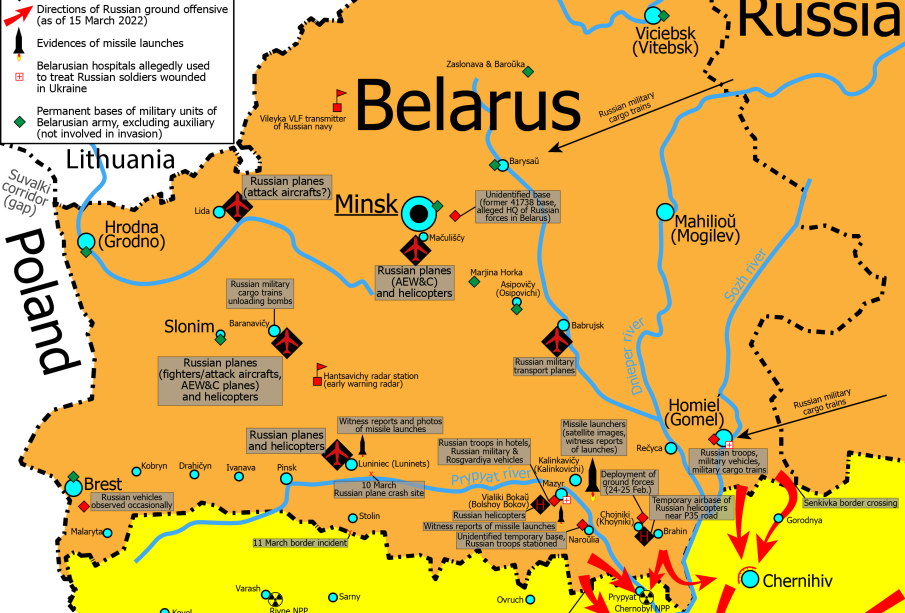Understanding Belarus vs Russia: Historical and Current Dynamics

Introduction
The relationship between Belarus and Russia has been a focal point of European geopolitics, especially in light of recent events and historical ties. As neighboring countries, their interactions encompass various dimensions, including politics, economy, and cultural exchanges. Understanding the dynamics between these two nations is crucial for comprehending the broader implications for regional stability and international relations.
Political Landscape
Belarus, under President Alexander Lukashenko, has maintained a close partnership with Russia, often looking towards Moscow for economic support and political alignment. However, this relationship has faced challenges, particularly following the controversial 2020 elections in Belarus, which sparked widespread protests and internal unrest. In response to these challenges, Lukashenko has further entrenched his reliance on Russia, seeking military and economic backing amid Western sanctions and isolation.
Military Alliances and Cooperation
Over the past few months, Belarus has increasingly positioned itself as a strategic ally for Russia, particularly regarding military cooperation. In 2021, joint military exercises, known as ‘West 2021’, showcased the deepening military ties between the two nations. Additionally, Belarus has hosted Russian troops and military installations as part of a collaborative security framework, aiming to counter NATO’s presence in Eastern Europe. This military partnership raises concerns among neighboring countries and NATO members about regional security dynamics.
Economic Ties and Trade Relations
The economic relationship between Belarus and Russia is significant, highlighting their dependency on each other. Russia remains Belarus’s largest trading partner, accounting for a substantial portion of Belarus’s exports. Key sectors such as energy have been particularly impactful, with Belarus relying on Russian oil and natural gas. However, friction has emerged in the form of disputes over oil prices and trade tariffs, illustrating the complexities of their economic interdependency.
Public Sentiment and Cultural Ties
The cultural ties between the citizens of Belarus and Russia remain strong, with a shared history and linguistic connections. However, public sentiment has fluctuated, especially concerning national identity and independence. While some Belarusians express a desire for closer ties with Russia, others advocate for greater autonomy and democratic reforms, contributing to ongoing debates within the country.
Conclusion
The situation between Belarus and Russia presents a multifaceted scenario with implications for European security and international relations. As Belarus continues to navigate its path amidst internal challenges and external pressures, its relationship with Russia will remain crucial. Observers are left to ponder how this alliance will evolve in the wake of global geopolitical shifts and the quest for sovereignty among Belarusian citizens. The coming months will be pivotal in determining the future landscape of Belarus-Russia relations and their broader repercussions.







